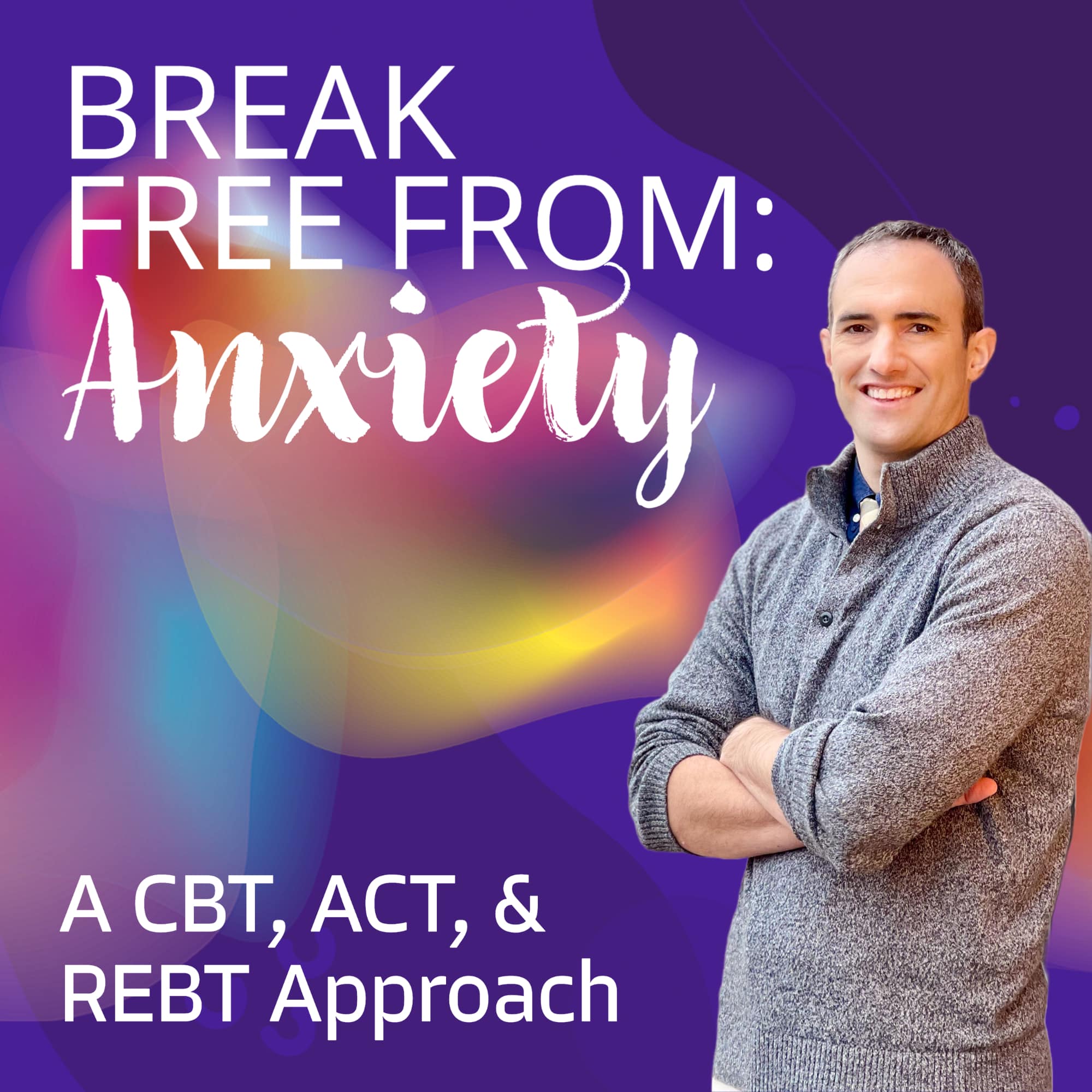Nicotine and tobacco addiction is a serious public health concern that affects millions worldwide. This blog explores the psychological and physical impacts of addiction, how it hijacks the brain, and the evidence-based treatments available through online psychiatric support. Understanding how addiction works is key to overcoming it.
KEY TAKEAWAYS
- Nicotine addiction rewires brain chemistry, making it difficult to quit without help.
- Tobacco use remains one of the leading causes of preventable deaths globally.
- Psychological support, including online psychiatric therapy, is proven to be effective in treatment.
- Many smokers relapse due to triggers, stress, and lack of behavioral strategies.

Nicotine and tobacco addiction is more than just a habit—it’s a complex medical condition that affects both the mind and body. While many recognize the physical health consequences of smoking, fewer understand the powerful psychological hold nicotine can have. At TelepsychHealth, we believe in treating the whole person, not just the symptoms. That means addressing the emotional, behavioral, and neurological components of addiction.
With the convenience of online psychiatric treatment, individuals can now receive tailored support in a private, flexible, and accessible setting. Whether you’ve tried quitting before or are just beginning to consider it, understanding how addiction works is the first step toward freedom.
The Science Behind Nicotine Addiction

Nicotine, the active compound in tobacco, is one of the most addictive substances known to science. When inhaled, it quickly reaches the brain within seconds, stimulating the release of dopamine—the “feel-good” neurotransmitter. This release creates a short-lived sense of pleasure and calm, reinforcing the desire to smoke again. Over time, the brain becomes dependent on nicotine to maintain a sense of normalcy, leading to a cycle of dependence.
As dependence grows, the brain’s reward system becomes hijacked. Natural activities that once brought pleasure—like eating or socializing—may no longer provide the same satisfaction. This is why tobacco addiction isn’t just a bad habit; it’s a brain disease. Cravings and withdrawal symptoms, such as irritability, anxiety, and depression, can make quitting feel impossible without support.
Moreover, nicotine alters brain function by binding to receptors that regulate mood, attention, and memory. Chronic use results in increased tolerance, requiring more nicotine to achieve the same effect. This leads to heavier use and deepens the psychological grip of the addiction.
The Mental Health Connection

While nicotine addiction has physiological roots, the emotional and mental aspects are equally powerful. Many people smoke to manage stress, anxiety, or depression—conditions that are often intertwined with addiction. In fact, studies show that individuals with mental health disorders are more likely to smoke and less likely to quit without professional help.
This cycle creates a dangerous feedback loop: tobacco may temporarily ease anxiety, but long-term use can actually worsen mental health. Smokers are more likely to report mood disorders, and withdrawal symptoms can mimic or amplify psychiatric conditions. This makes it essential for treatment plans to address co-occurring disorders, not just the addiction itself.
Online psychiatric treatment offers a powerful solution. Through virtual sessions, individuals can work with licensed professionals to uncover underlying issues, identify smoking triggers, and develop healthier coping mechanisms. Therapy is not just about quitting—it’s about healing the mind.
Why Quitting is So Hard—And How Therapy Helps

For many, the biggest hurdle in overcoming tobacco addiction is the fear of failure. Most smokers have tried to quit multiple times. Withdrawal symptoms, emotional stress, social pressures, and environmental triggers often lead to relapse. But relapse doesn’t mean failure—it’s part of the journey.
Therapy, particularly Cognitive Behavioral Therapy (CBT), can significantly improve outcomes. CBT helps individuals recognize unhelpful thought patterns, manage cravings, and reframe their relationship with tobacco. It’s not about willpower; it’s about retraining the brain.
In online therapy, patients can also explore motivational interviewing, a technique that strengthens personal motivation to change. Combining this with support groups, mindfulness training, and regular follow-up enhances accountability and success rates. With proper guidance, what once seemed like an unbreakable addiction becomes a manageable condition.
Treatment Options for Nicotine Addiction

When addressing nicotine addiction, a multi-faceted approach is often most effective. Medications like nicotine replacement therapy (NRT), bupropion (Zyban), and varenicline (Chantix) can help reduce cravings and ease withdrawal symptoms. These treatments are especially effective when paired with psychotherapy.
At TelepsychHealth, our providers assess each patient’s history, mental health, and smoking patterns to create personalized treatment plans. For some, medication is essential to stabilize mood and reduce urges; for others, behavioral strategies may be the key. The goal is to support patients holistically—mind, body, and spirit.
Importantly, online psychiatric services make it easier to stay consistent. Without the need for travel or scheduling around work hours, therapy becomes more accessible and less disruptive to daily life. This convenience increases the likelihood of sticking with treatment and achieving lasting results.
The Role of Environment and Social Support

One often overlooked aspect of tobacco addiction recovery is the environment. Whether it’s a stressful job, family members who smoke, or certain social circles, your surroundings can strongly influence your ability to quit. Identifying and addressing these environmental triggers is a key part of long-term success.
In therapy, clients learn to navigate these challenges by setting boundaries, creating smoke-free zones, and finding alternative activities. Virtual counseling allows for real-time problem-solving, helping individuals apply coping strategies to real-life situations. It’s not just about quitting in theory—it’s about living smoke-free in the real world.
Support networks also matter. Having people who understand your journey—whether through therapy groups, family, or online communities—can dramatically reduce feelings of isolation and improve outcomes. That’s why TelepsychHealth emphasizes continuity of care and emotional connection throughout recovery.
How to Start Your Recovery Journey Today

Deciding to quit is a courageous first step. Whether it’s your first attempt or your tenth, it’s never too late to take control of your health. At TelepsychHealth, we provide comprehensive, judgment-free support designed to help you succeed.
“Nicotine dependence is powerful, but so is your ability to change—especially when you’re supported by the right care team,” says Dr. Bruce Bassi, M.D., a psychiatrist based in Jacksonville, Florida.
Beginning treatment is easy. With online assessments, virtual appointments, and licensed professionals ready to guide you, you don’t need to navigate this alone. From medical management to therapy and relapse prevention, every aspect of care is delivered with compassion and expertise.
Breaking free from nicotine and tobacco addiction is one of the most empowering decisions you can make. With the right tools, support, and mindset, recovery is not only possible—it’s within reach.
Helpful Tips for Dealing with Cravings
When a craving strikes, try the 4 Ds: Delay, Distract, Drink water, and Deep breathing. These simple techniques can help you ride out the urge and stay focused on your goals.
Summary
Nicotine and tobacco addiction aren’t just physical habits—they’re tied closely to mental health struggles like stress, anxiety, and depression. Understanding the emotional roots of addiction is key to breaking free. With the right support, such as online therapy and psychiatric treatment, lasting recovery is possible.







